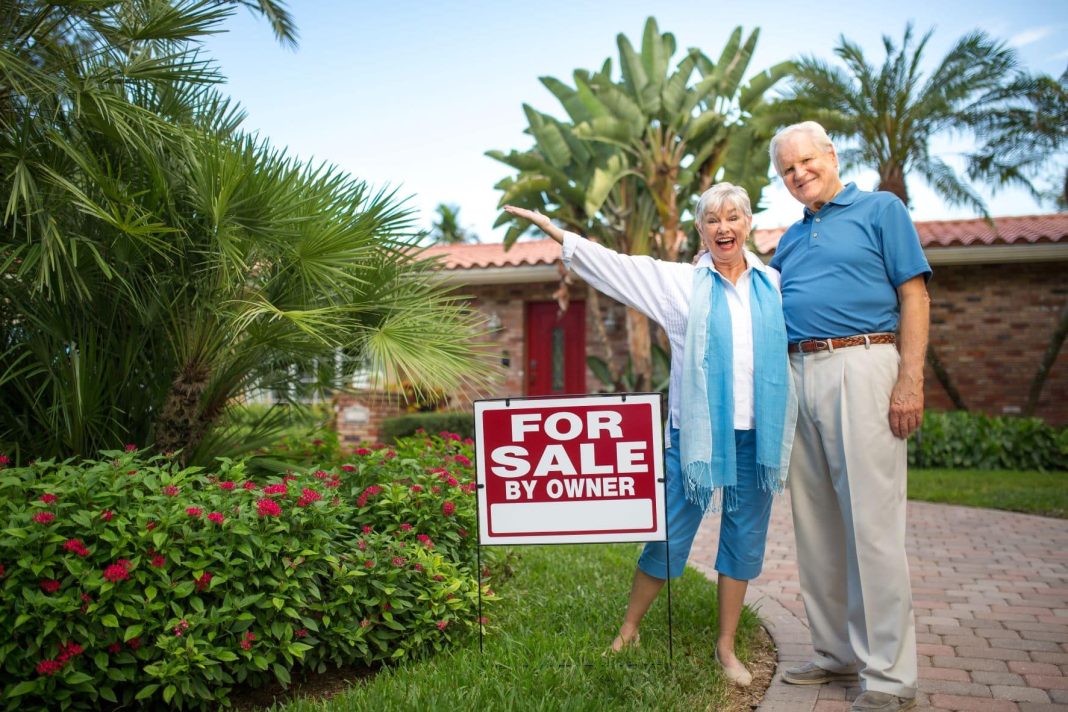Most Millennials have been nagged with the phrase ‘if you didn’t buy so much avo on toast, you could afford a house too’, relayed to them by a Baby Boomer relative at a family lunch.
But intergenerational housing inequality research says Boomers are one of the reasons Millennials are locked out of the real estate market and are struggling to be able to buy their first homes.
New research from the University of South Australia (UniSA) shows that the current housing market is failing to concurrently cater to younger and older generations at the same time, and contradictory government policies are also to blame.
When exploring generational differences in property tenure, UniSA found an inequitable distribution of housing among older and younger Australians.
From research conducted over three census periods in 2006, 2011, and 2016, the experts found that 80 per cent of older generations were long-standing homeowners, yet only around 50 per cent of Millennials could say the same.
Over the past year, house prices also increased 25 per cent nationally, and these soaring costs are exacerbating the already drastic situation.
A recent report from Domain showed an average home in Australia costs a staggering $1,066,133.
Lead researcher of the UniSA report, Dr Braam Lowies, said the findings highlight how government policies designed to protect one generation can hinder another.
“In Australia, owning your own home has always been the great Aussie dream. But each year, this dream is becoming further out of reach for younger Australians,” Dr Lowies said.
“Australia has an ageing population, the majority of whom report a desire to ‘age in place’ – to live in the community with some independence, rather than in residential care. With growing support from the government – such as home support programs and home care packages – older people can do this with greater confidence and security.
“Yet on the other end of the age spectrum, Millennials are finding themselves locked out of the market as the Silent Generation and Baby Boomers retain a significant portion of the housing stock, much of which has considerable value and development potential due to its lot size and location.”
When Baby Boomers were aged 30-34, 68 per cent of the generation’s population owned their own home, compared with just 50 per cent of Millennials at the same age.
“Having bipolar housing scenarios across generations is a demonstration of how the current system is unbalanced.
-Peter Rossini, property expert at UniSA
“For Millennials, this limits their housing options, creating severe housing tenure inequalities. The consequence is that younger people are frequently compelled to revert to the parental home or the rental market – and this is despite government grants to support first home buyers,” Dr Lowies said.
Property expert at UniSA, Peter Rossini, said to address intergenerational differences in the housing market, more nuanced housing policies are required.
“With more than 15 per cent of the population aged over 65 [3.7 million people], and estimations that this will grow to 22 per cent [8.7 million people] by 2056, the conundrum of one generation impeding another is not going away any time soon,” Mr Rossini said.
“It’s an unsustainable position and one that requires a review of current housing policy to deliver more refined and considered outcomes for all.”
So, the reason Millennials are struggling to buy their first homes might not be because of too much avo on toast after all.
Canberra Daily would love to hear from you about a story idea in the Canberra and surrounding region. Click here to submit a news tip.



